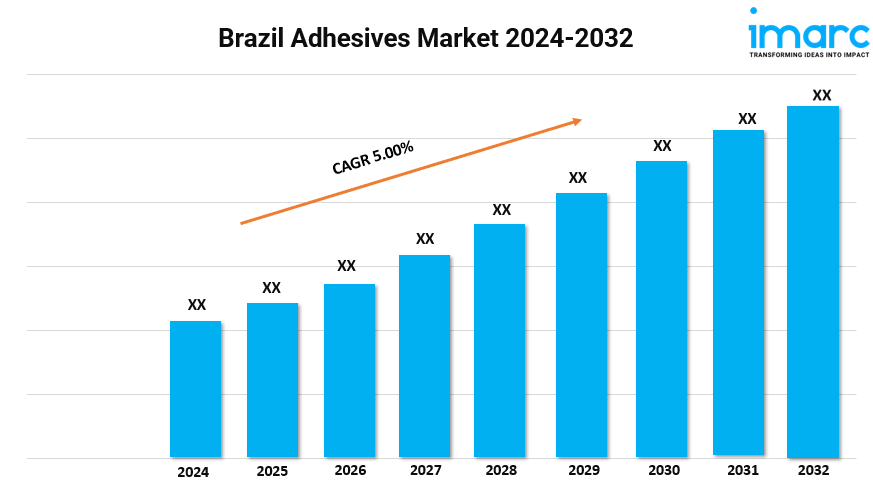BIS Warns of Stablecoin Risks, Urges Countries to Tokenize Currencies: A Bold Move for a Transparent and Resilient Digitalized Central Bank System

The Bank for International Settlements (BIS) has issued its strongest warning yet about the risks posed by stablecoins and has urged countries to move quickly towards the tokenization of their currencies. The BIS, often referred to as the "central bankers' central bank," has outlined its concerns, including the potential for stablecoins to undermine monetary sovereignty, transparency issues, and the risk of capital flight from emerging economies.
The warning comes less than a week after the U.S. Senate passed a bill to create a regulatory framework for U.S.-dollar-pegged stablecoins, a move that is expected to fuel a further explosion in their popularity if approved by the House. Stablecoins are a type of cryptocurrency designed to maintain a constant value, usually a 1:1 dollar peg, backed by real-world assets such as U.S. Treasuries or gold.
The BIS has stated that stablecoins as a form of sound money fall short and without regulation pose a risk to financial stability and monetary sovereignty. Hyun Song Shin, the BIS' Economic Adviser, explained that stablecoins lack the traditional settlement function provided by a central bank with fiat money. He likened them to private banknotes circulating in the 19th-century Free Banking era in the United States, which means they can often trade at varying exchange rates depending on the issuer, undermining the no-questions-asked principle of central bank-issued money.
The BIS wants central banks to go down the route of tokenized "unified ledger" incorporating central bank reserves, commercial bank deposits, and government bonds. This would mean that central bank money remains both the primary means of global payment and that currencies and bonds from around the world could effectively be integrated into the same "programmable platform." Tokenization is aimed at creating a digitalized central bank system that settles payments and securities trades almost instantaneously and more cheaply by cutting the need for certain time-consuming checks, as well as opening up new functionality.
The system could also make it more transparent, resilient, and interoperable and may protect the system from some of the more unpredictable elements of cryptocurrencies. However, there are several key issues to overcome, including who gets to set the rules governing the platform and that individual countries are likely to want to retain significant control of how and who uses their currencies. The outgoing head of the BIS, Agustin Carstens, said that realizing the full potential of the system requires bold action.
In conclusion, while stablecoins have gained popularity in recent years, their lack of regulation poses significant risks to financial stability and monetary sovereignty. The BIS urges central banks to take bold action towards tokenization in order to create a more transparent, resilient, and interoperable digitalized central bank system. However, there are still several challenges to overcome in order to fully realize the potential of this new system.
Image: Link to image
Sign up for the Yahoo Finance Morning Brief to stay informed about the latest financial news and insights. By subscribing, you agree to Yahoo's Terms and Privacy Policy.
The call for a global move towards tokenizing currencies as proposed by the Bank of International Settlements (BIS) risks warning carries immense significance, advocating not only innovation but also transparency and resilience within an increasingly digitalized central bank system.














